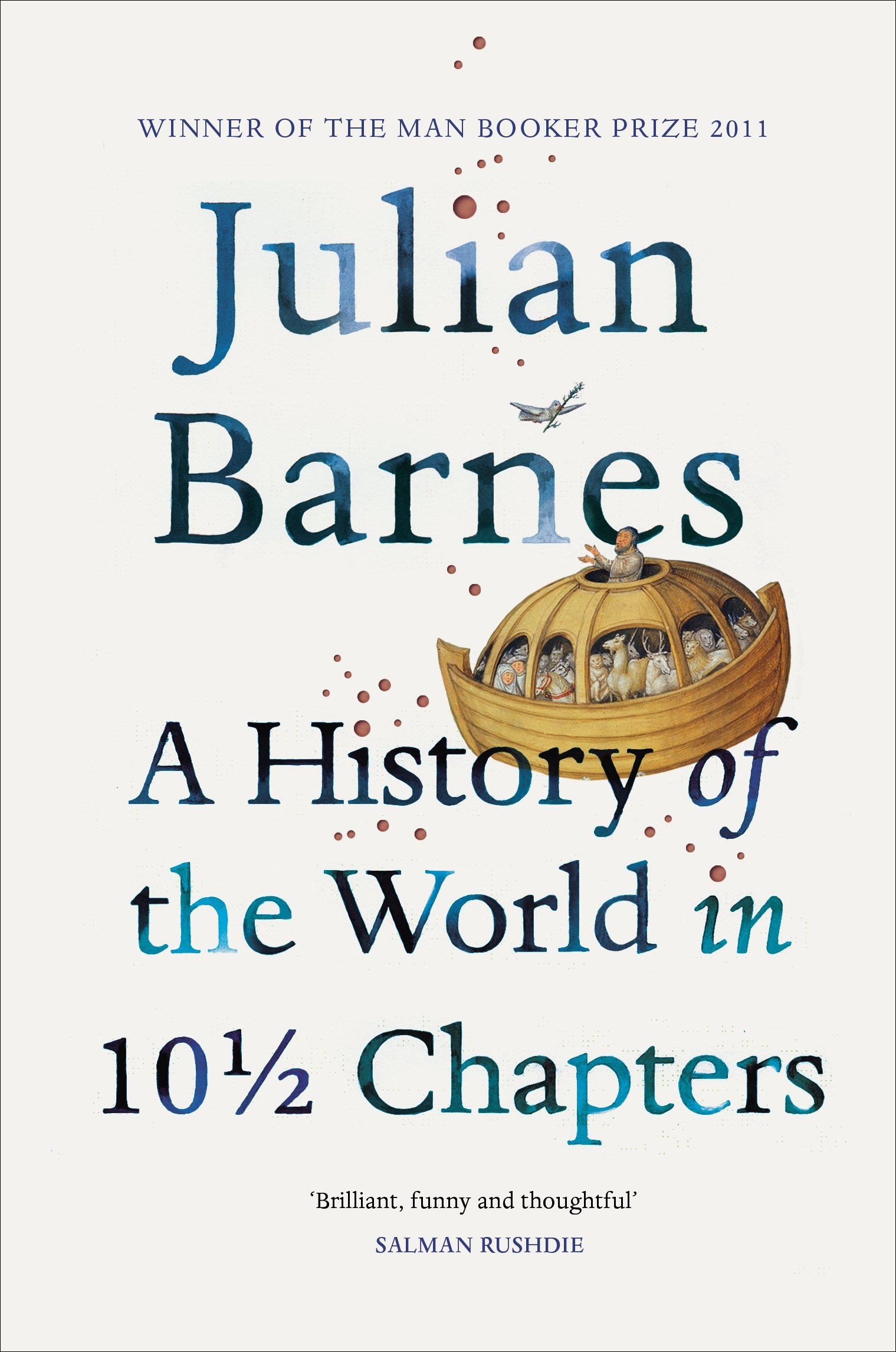W O R D F O L I O
Literary criticisms, book reviews, academic papers, short fiction by Boo Sujiwaro

A Paradox of the Postmodern: Julian Barnes’ ‘The Stowaway’ — A Literary Analysis
A History of the World in 10 ½ Chapters showcases the discursive nature of history through the reconstructions of the metanarratives. In ‘The Stowaway’, Julian Barnes demonstrates, what Linda Hutcheon calls, one of ‘the paradoxes that characterize all postmodern discourses’ when he assumes the ‘genuine historicity’ of the Bible narrative in an attempt to destabilise its authority as the determining source of historical knowledge.

Anglicisation as Linguistic Violence: Brian Friel’s ‘Translations’ and the Question of Cultural Identity — A Literary Analysis
Brian Friel’s Translations presents cultural identity as an ongoing discourse. Set in 1833, the play deals with the cultural effects of the English colonising mission in Ireland—namely, the systemic dismantling and erasure of Gaelic culture via the anglicisation of Irish place names and maps, and the replacement of Irish hedge-schools. In response to the inevitability of ‘cartographic violence’, Friel argues for the ‘renewing of images’ as a way for victims of colonialism to reclaim their cultural identity from the English.

The Romantic Cure to Creative Neurosis: John Keats’ Ode to Psyche and the Relationship Between Creativity and Suffering
In the Romantic period, the concept of the ‘genius’ moved out of the external realm of ‘pagan piety’ and into the inner realm of the lone suffering artist afflicted by their own genius. John Keat’s Ode to Psyche sits at the intersection between two worldviews—one of antiquity which looks outwards for creative inspiration, and that of the more ‘modern’ view, which confuses the ‘genius’ for the artist. This has inadvertently proven to be the root of creative neurosis.

Ghost in the Black Box: Analysis of ‘Black Coat’ by Ted Hughes
In ‘Black Coat’, Ted Hughes poignantly portrays himself as failing to become a ‘blank slate’ upon which Sylvia Plath projects her father. Through a series of meaningful juxtapositions and philosophical allusions—such as tabula rasa and Ludwig Wittgenstein’s beetle in the box—Hughes effectively emphasises the multiplicity of truths and the imperviousness of the human mind.

Review and Analysis: The 1,000-Year-Old Boy by Ross Welford
The 1,000-Year-Old Boy by Ross Welford is an upper middle-grade fantasy with a historical undertone, spanning a millennia’s worth of English history. The protagonist, Alfie Monk, is like any other nearly teenage boys except he is a thousand years old. He has lived through the last Viking invasion and two world wars. When his mother dies in a house fire and the 21st century comes crashing in, Alfie must set out on a mission to restart his ageing process and ultimately regain the ability to die.

Literary Analysis: The Signalman by Charles Dickens
In The Signalman, Charles Dickens demonstrates the powerlessness of humanity in the face of technological advancement by interconnecting the supernatural to the mundanity of life during the industrial era. By attributing human qualities to the paranormal, Dickens effectively emphasises the unforgiving brutality of industrial machinery.